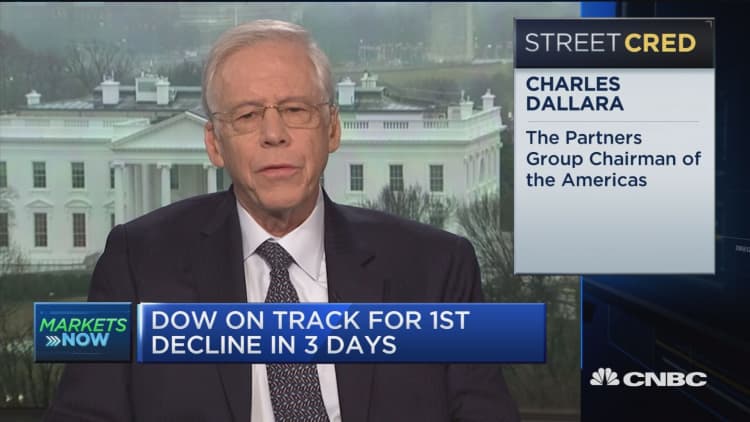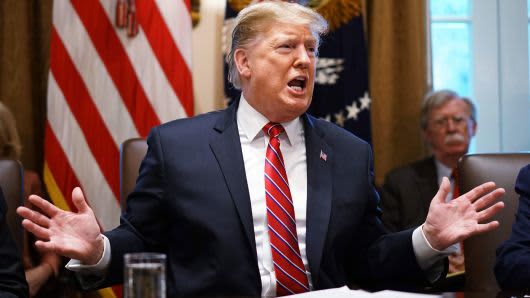The U.S. and China remain deadlocked on key issues blocking the path toward a trade agreement, according to multiple reports published on Thursday, as representatives for the two countries meet in Beijing.
The Chinese government's alleged forced technology transfers as well as its subsidization of domestic industries remain central sticking points as the world's two largest economies try to find common ground on a broad trade deal.
The latest proposals from the Chinese negotiating team do not address either matter, according to The Wall Street Journal. And the U.S. team has not pulled back from its insistence that Beijing limit its subsidies to state-owned firms, Bloomberg reported.

The Associated Press reported that there was no indication of progress on U.S. demands that China scale back its promotion of domestic robotics makers. Chinese President Xi Jinping has called for a "robot revolution" to spur productivity in the country.
China has denied pressuring foreign firms to hand over technology as a price of admission to its giant consumer market. And Chinese economists have said that the subsidies are essential to the country's developing economy.
But American business groups continue to complain about the alleged technology transfers, as well as about the government subsidies that they say hurt American competitiveness.
While refusing to offer concessions on structural issues, China did offer to boost purchases of U.S. semiconductors to $200 billion over 6 years, a five-fold increase over current exports, according to Thursday's report in the Journal. That offer comes on top of recent pledges by Beijing to purchase U.S. agricultural products.
A spokesperson for the U.S. Trade Representative declined to comment on Thursday. A spokesperson for the Chinese Ministry of Commerce told reporters at a weekly briefing that he had no details about the status of the talks, according to the Associated Press.
China released better-than-expected trade data on Thursday that showed a 9.1 percent bump in dollar-denominated exports compared with a year ago. Exports to the U.S. fell about 2 percent.
WATCH: Trump considering 60-day extension to China trade deadline



